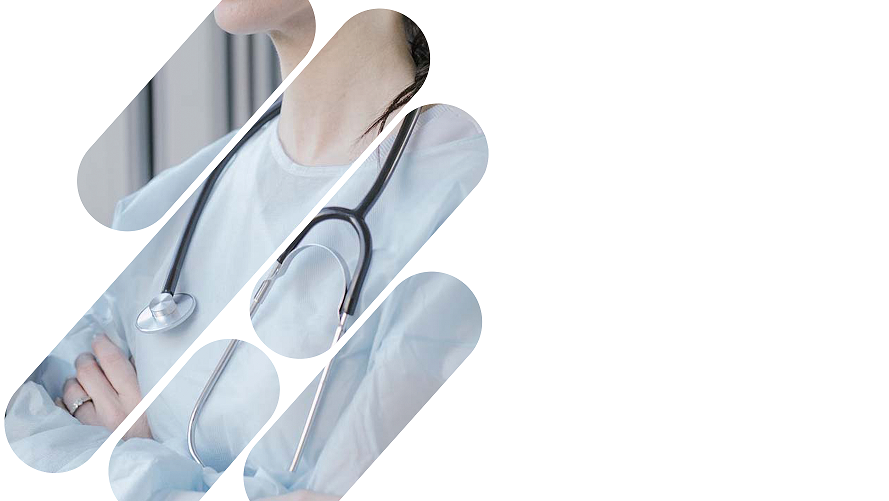 Working with hazardous substances can, as the name suggests, be hazardous. Extra caution should be taken and appropriate Personal Protective Equipment (known for short as PPE) should be provided. PPE could be in the form of gloves, overalls, goggles, masks or whatever other equipment is necessary to make the job as safe as possible and to protect workers from harm.
Working with hazardous substances can, as the name suggests, be hazardous. Extra caution should be taken and appropriate Personal Protective Equipment (known for short as PPE) should be provided. PPE could be in the form of gloves, overalls, goggles, masks or whatever other equipment is necessary to make the job as safe as possible and to protect workers from harm.
Governing this area of law is the Control of Substances Hazardous to Health Regulations 2002 (COSHH). Substances hazardous to health can include chemicals, products containing chemicals, fumes, dust, vapours, gases, germs etc. These substances are covered by COSHH but things like asbestos and radioactive substances are covered by alternative Regulations. COSHH is covered extensively by the Health and Safety Executive on their website.
Some substances have exposure limits. This obviously means that exposure to that substance whether it is through breathing in fumes or by skin contact etc is limited. With some tasks a permit to work may be required to carry out a certain task which involves some contact or potential exposure to hazardous substances. A permit to work would be based on a risk assessment to ensure that all potential risks and precautions are taken.
Read More

 Factories can be fairly dangerous places to work – whether it is moving parts on machines, forklift trucks zipping from place to place or just things left laying around that you could fall over, the factory environment is not always a safe one.
Factories can be fairly dangerous places to work – whether it is moving parts on machines, forklift trucks zipping from place to place or just things left laying around that you could fall over, the factory environment is not always a safe one. If you are pursuing, or have pursue in the past, a personal injury
If you are pursuing, or have pursue in the past, a personal injury  Tripping accident claims are probably one of the most common types of claims that
Tripping accident claims are probably one of the most common types of claims that  In a
In a  Working with hazardous substances can, as the name suggests, be hazardous. Extra caution should be taken and appropriate Personal Protective Equipment (known for short as PPE) should be provided. PPE could be in the form of gloves, overalls, goggles, masks or whatever other equipment is necessary to make the job as safe as possible and to protect workers from harm.
Working with hazardous substances can, as the name suggests, be hazardous. Extra caution should be taken and appropriate Personal Protective Equipment (known for short as PPE) should be provided. PPE could be in the form of gloves, overalls, goggles, masks or whatever other equipment is necessary to make the job as safe as possible and to protect workers from harm. Our society relies quite heavily on oil production, but it can be a dangerous industry for employees. There are a great number of day to day risks for oil workers whether it be cleaning up oil spills or working around refinement machinery. It is not actually oil itself that is the main danger it is more the environment in which oil workers work in, such as an offshore oil rig.
Our society relies quite heavily on oil production, but it can be a dangerous industry for employees. There are a great number of day to day risks for oil workers whether it be cleaning up oil spills or working around refinement machinery. It is not actually oil itself that is the main danger it is more the environment in which oil workers work in, such as an offshore oil rig. If you work in a commercial kitchen environment then you may be well aware of the dangers. There are dangers in the kitchen at home but in a commercial environment the risks are likely to be greater.
If you work in a commercial kitchen environment then you may be well aware of the dangers. There are dangers in the kitchen at home but in a commercial environment the risks are likely to be greater.  Maybe you have taken on some part-time hours to help out with the bills or maybe you are a student with a part-time job to help you fund your studies – whatever your circumstances it is a sad fact that you may suffer an
Maybe you have taken on some part-time hours to help out with the bills or maybe you are a student with a part-time job to help you fund your studies – whatever your circumstances it is a sad fact that you may suffer an  Some people like them and others hate them; whatever we think, elevators can be a genuine cause of injuries and
Some people like them and others hate them; whatever we think, elevators can be a genuine cause of injuries and  A gas explosion is some kind of explosion which may result from a gas leak in the presence of an ignition source. Explosive gasses include methane and propane to name just a couple.
A gas explosion is some kind of explosion which may result from a gas leak in the presence of an ignition source. Explosive gasses include methane and propane to name just a couple.









